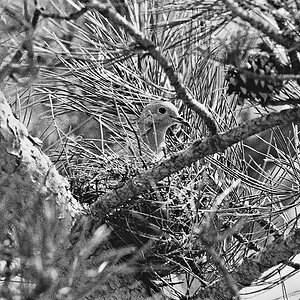AmcKidd
TPF Noob!
- Joined
- Nov 8, 2013
- Messages
- 2
- Reaction score
- 0
- Location
- Northern Cal
- Can others edit my Photos
- Photos OK to edit
Hi All ! new to photography in general, have always used a "point and Shoot" camera in the past, last week i got a deal on a Nikon 5100 with the kit lens, with just over 1700 actuations (is that a good thing ?) and now its on ! i have NEVER been so confused- from batteries, to lenses, grips, ETC ETC ETC...... i will probably be banned for asking the most basic questions, (What in gods name is a f/1:1.8 ? )
i need to get sort of up to speed in a month or so, as i have been invited to tour an Abandoned Titan I missile base thats been closed and sealed since the 70's- no,none- ZERO light down there- cold, damp and stinky- but i cant WAIT!
i need to get sort of up to speed in a month or so, as i have been invited to tour an Abandoned Titan I missile base thats been closed and sealed since the 70's- no,none- ZERO light down there- cold, damp and stinky- but i cant WAIT!


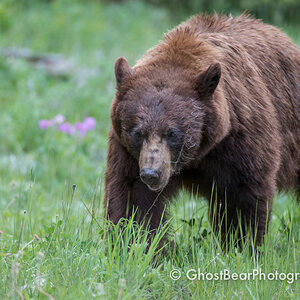
![[No title]](/data/xfmg/thumbnail/36/36302-6ee4929dfdf80290ffd73704693e860f.jpg?1619737496)
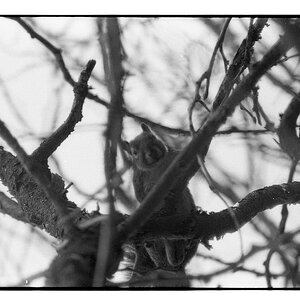
![[No title]](/data/xfmg/thumbnail/31/31092-7ba73f844ad8efedd3d5fd94799a866d.jpg?1619734609)
![[No title]](/data/xfmg/thumbnail/38/38726-c2f92932ae847f22fd6548bf87263976.jpg?1619738702)
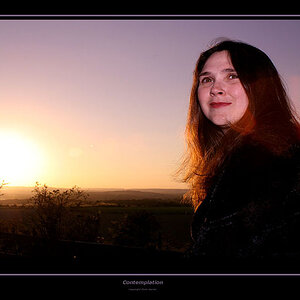
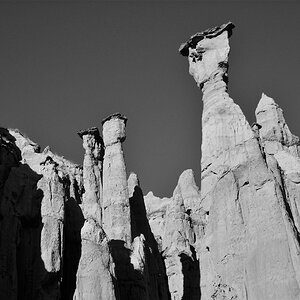
![[No title]](/data/xfmg/thumbnail/38/38727-8e7c94a88000531231f3040ce330aced.jpg?1619738702)
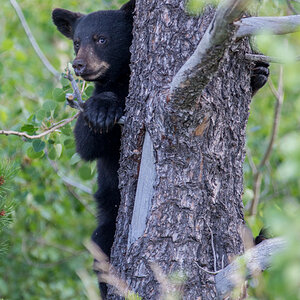
![[No title]](/data/xfmg/thumbnail/41/41795-6bc3a19e590a6be6bd169ab2acaee30d.jpg?1619739896)
![[No title]](/data/xfmg/thumbnail/31/31980-e5048a424621c7b3cd0d306d63c09d67.jpg?1619735137)
